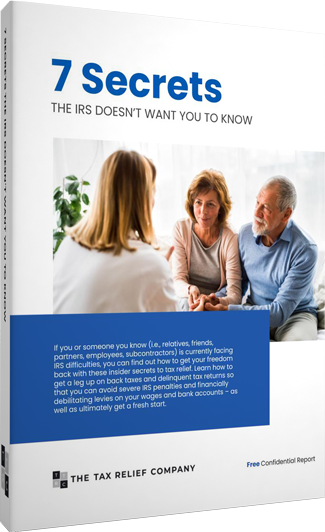It’s National Preparedness Month!
Every September is National Preparedness Month. It serves to remind us how important it is to prepare for disasters. Disasters don’t wait for you to have your plans in place. Make a plan today.
As we are at the height of hurricane season and folks in the west are dealing with the ongoing threat of wildfires, we want to remind you that if you haven’t already, it is time for you to develop an emergency preparedness plan.
The plan should encompass:
- Have various ways to communicate with friends and family before, during, and after a disaster.
- Second, make sure you have supplies on hand for several days for your family and furry friends.
- Third, make sure your dwelling is protected, and you have rid the surrounding areas of common hazards.
- Finally, make sure your kids and the elderly are prepared and know what to do should a disaster strike.
From individuals to organizations and businesses, all taxpayers should take time now to create or update their emergency plans.
- Taxpayers can begin getting ready for a disaster with a preparedness plan that includes securing and duplicating essential tax and financial documents, creating lists of your property, and knowing where to find information once a disaster has occurred. Having this information can help in the aftermath of a disaster. It can help people take advantage of disaster relief available from the IRS more quickly.
- Taxpayers should keep critical original documents inside waterproof containers in a secure space. Documents such as tax returns, birth certificates, deeds, titles, and insurance policies should also be duplicated and kept with a trusted person outside the area a natural disaster may affect.
- Suppose original documents are available only on paper. In that case, taxpayers can use a scanner and save them on a USB flash drive, CD, or cloud, providing security and easy portability.
- After a disaster hits, photographs and videos of a home or business’s contents can help support insurance or tax benefits claims. All property, costly and high-value items, should be recorded.
- Employers using payroll service providers should check if their provider has a fiduciary bond to protect the employer in the event of a default by the provider.
- Reconstructing records after a disaster may be required for tax purposes, federal assistance, or insurance reimbursement.



